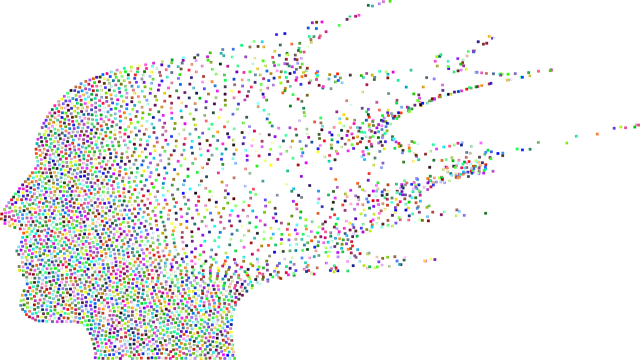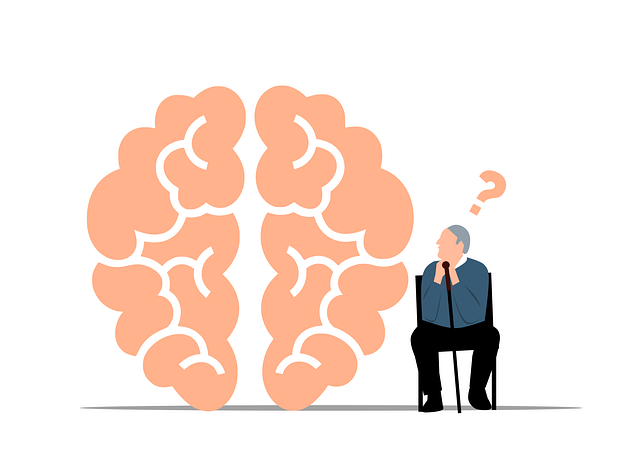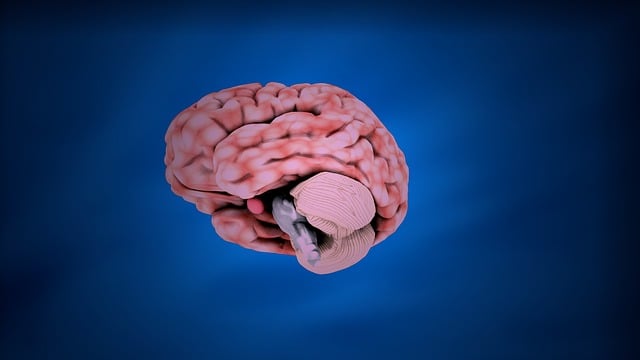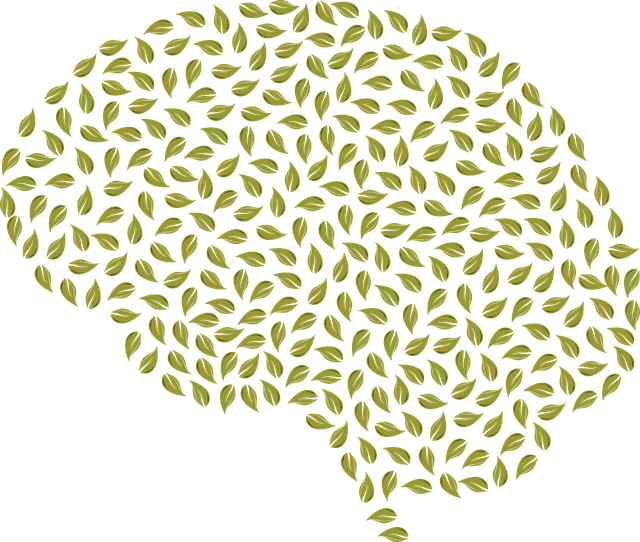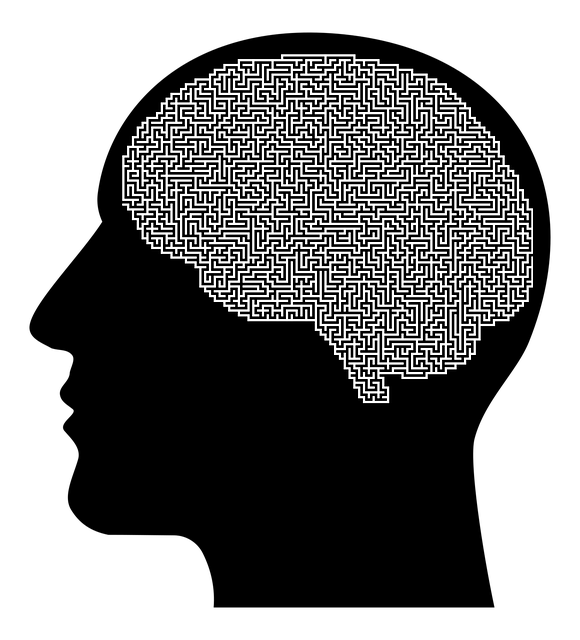Lafayette Domestic Violence Therapy offers comprehensive mental health education programs that address genetic, environmental, and life experience factors contributing to mental health struggles. Their tailored approach combines practical tools, case studies, and role-playing scenarios to empower individuals with emotional healing and self-care routines. By focusing on coping skills development, risk management planning, and continuous improvement through evaluation, these programs enable better mental well-being outcomes for diverse populations.
Mental health is a cornerstone of overall well-being, yet it often remains in the shadows. This article explores how to design effective mental health education programs that can shed light on this critical issue. We’ll guide you through understanding common mental health struggles and their far-reaching impacts, defining target audiences for tailored interventions.
From crafting engaging content to implementing successful strategies, we’ll provide insights for creating impactful programs. Learn about evaluation methods and continuous improvement techniques inspired by best practices at Lafayette Domestic Violence Therapy.
- Understanding Mental Health Issues and Their Impact
- Program Objectives and Target Audience Definition
- Designing Effective Educational Content
- Implementation Strategies for Engagement
- Evaluation and Continuous Improvement Techniques
Understanding Mental Health Issues and Their Impact

Mental health issues are prevalent and can significantly impact individuals’ daily lives and overall well-being. Understanding these conditions is a crucial step in designing effective education programs. Programs like Lafayette Domestic Violence Therapy focus on raising awareness, as many mental health struggles often stem from complex interplay of genetic predispositions, environmental factors, and life experiences. By recognizing the signs and symptoms, individuals can seek help early on, preventing prolonged suffering.
The impact of untreated mental health issues can be devastating, affecting not just the affected person but also their families and communities. It may lead to difficulties in functioning at work or school, strained relationships, and even physical health problems. Incorporating topics like emotional healing processes and self-care routine development for better mental health into education programs empowers individuals to take charge of their well-being. Additionally, training healthcare providers on cultural competency ensures sensitive and effective support for diverse populations, a critical aspect in fostering inclusive mental healthcare environments.
Program Objectives and Target Audience Definition

The primary objective of any Mental Health Education program should be to empower individuals with the knowledge and skills needed to maintain and improve their well-being. Tailoring this initiative to a specific audience, such as those served by Lafayette Domestic Violence Therapy, is crucial for effective impact. This program aims to provide practical tools that promote resilience, enhance coping mechanisms, and foster healthy relationships, all while addressing the unique challenges faced by individuals in similar situations.
By focusing on the interconnected issues of Burnout Prevention and Depression Prevention, the curriculum can offer a holistic approach. The Mind Over Matter Principles serve as a cornerstone, encouraging participants to challenge negative thought patterns and adopt positive practices. This targeted education not only equips individuals with self-care strategies but also equites them to recognize signs of distress in themselves and others, potentially preventing escalation and fostering an environment of support and understanding.
Designing Effective Educational Content

Designing effective educational content for a mental health program requires a strategic approach that caters to diverse learning needs. At Lafayette Domestic Violence Therapy, we understand that each individual has unique challenges and perspectives. Therefore, our curriculum is meticulously crafted to address various aspects of mental well-being, including emotional intelligence and mood management.
The key lies in creating an engaging and interactive experience. Incorporating practical exercises, case studies, and role-playing scenarios can make complex topics more accessible. For instance, crisis intervention guidance can be enhanced through simulations that allow participants to practice response strategies in a safe environment. This hands-on approach fosters better retention of knowledge and empowers individuals to handle real-life situations with confidence.
Implementation Strategies for Engagement

Effective implementation strategies are key to ensuring engagement and success in mental health education programs. One powerful approach is to integrate real-world scenarios and case studies that resonate with participants, especially when tailored to local contexts. For instance, Lafayette Domestic Violence Therapy has successfully incorporated stories of resilience and recovery from within the community, fostering a sense of connection and motivation among attendees. This strategy not only enhances learning but also encourages active participation and reflection.
Additionally, providing practical tools and resources is vital. Workshops focused on coping skills development can empower individuals to manage stress and difficult emotions effectively. Another important aspect is preparing mental health professionals through risk management planning, ensuring they are equipped to handle diverse client needs while maintaining their well-being. By combining these implementation strategies, programs like Lafayette Domestic Violence Therapy can create an inclusive and supportive learning environment, ultimately contributing to positive mental health outcomes.
Evaluation and Continuous Improvement Techniques

Effective mental health education programs rely heavily on evaluation and continuous improvement techniques to ensure their success and relevance. Regular assessments help identify areas that need enhancement and allow for adjustments based on participant feedback and outcome measurements. At Lafayette Domestic Violence Therapy, we employ a comprehensive approach, utilizing both qualitative and quantitative methods to gauge the program’s impact. This includes pre- and post-program surveys to evaluate changes in participants’ mental health status and coping mechanisms.
Additionally, we facilitate focus groups and individual interviews to gather deeper insights into the program’s strengths and weaknesses from the participants’ perspective. These techniques foster a culture of continuous learning, where inner strength development and crisis intervention guidance can be refined over time. By integrating coping skills development as a central theme, our program ensures that participants not only gain knowledge but also develop practical tools to navigate their mental health journeys effectively.
Mental health education programs play a pivotal role in fostering well-being and preventing issues like those often seen at Lafayette Domestic Violence Therapy. By designing content that is both engaging and informative, we can effectively reach and support diverse audiences. Through clear objectives, tailored strategies, and continuous evaluation, we can create impactful programs that address mental health challenges head-on, ultimately enhancing the overall health of our communities.
